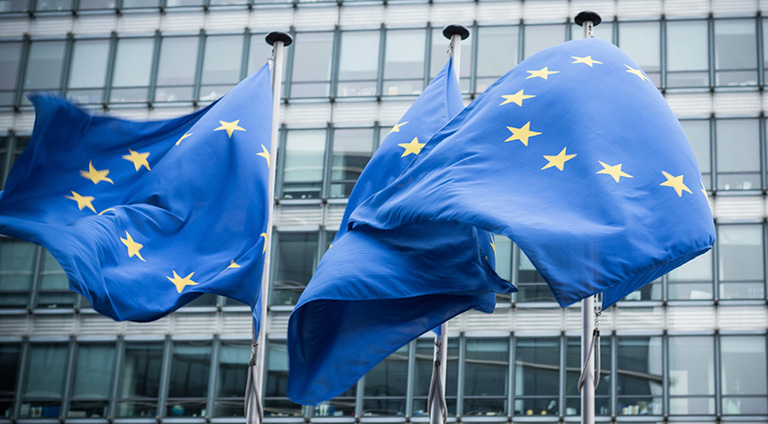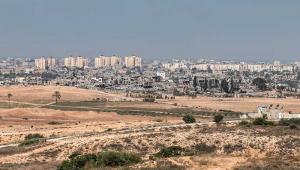EU-flag-iStock_000020571186_Medium.jpg

EU flags. Credit: Istock
The Council and Parliament negotiate every year to close the gap on their positions on the EU budget and agree on a joint text, and found a common ground three days early this year. The agreement reflects a focus on supporting the recovery of the European economy and managing the refugee and migration crisis currently overwhelming the EU.
Speaking early on Saturday morning, Kristalina Georgieva, the European Commission’s vice-president for budget and human resources, said: “We have reached agreement on the EU budget under the shadow of a terrible tragedy in Paris. At a moment when Europe is under pressure on a number of fronts, and we must stand united, we are focusing resources on priorities.
“In a tight budget we include a significant increase to deal with the refugee crisis and more investment to create growth and jobs. We are working to get the best possible results for European taxpayers.”
The 2016 EU budget sets its commitment total at €155bn, and it expects to meet €144bn of that in payments this year.
€2bn was committed to providing emergency assistance to member states hardest hit by the refugee crisis and non-EU countries hosting refugees, as well as for humanitarian aid.
In total, more than €4bn was committed to address the refugee crisis both within the EU and for source countries, bringing total EU funding for the refugee crisis in 2015 and 2016 to close to €10bn.
€69.8bn worth of commitments, almost half of the funds, will be dedicated to stimulating growth, employment and competitiveness.
Research and innovation programmes will receive an additional 11.6% of funding this year, with €10bn worth of payments dedicated to them.
A further €2bn in commitments and €500m in payments have been directed towards the guarantee fund of the European Fund for Strategic Investments, which the Commission says will unlock €315bn in investment for Europe.
€1.8bn in payments ‒ a 30% increase on last year ‒will be provided to Erasmus+, the European programme for education, training, youth and sport, which the commission said will help over 4 million people to work and study across the EU in 2014-2020.
The youth employment initiative and European farmers were also supported in the budget.
Pierre Gramenga, Luxembourg’s finance minister and president of the economic and financial affairs council, said the budget represents an “expression of solidarity” within the EU and partner countries.
While providing the financial means to boost growth, create jobs and tackle the migration crisis, it also keeps “sufficient financial leeway to allow the EU to react to unforeseen needs and events,” he said.
But Jean Arthuis, chair of the parliament’s committee on budgets and head of a parliamentary delegation, said a “note of caution is necessary”.
“Next year we will use up all the available means under the seven year budgetary framework, and even go beyond it. Exceptional circumstances call for exceptional resources. I fear exceptional circumstances are here to stay and the EU budget in its current form has already been stretched to breaking point. The seven-year budget agreed in 2013 no longer meets today’s challenges: a full-on revision is overdue,” he said.













